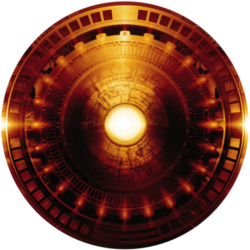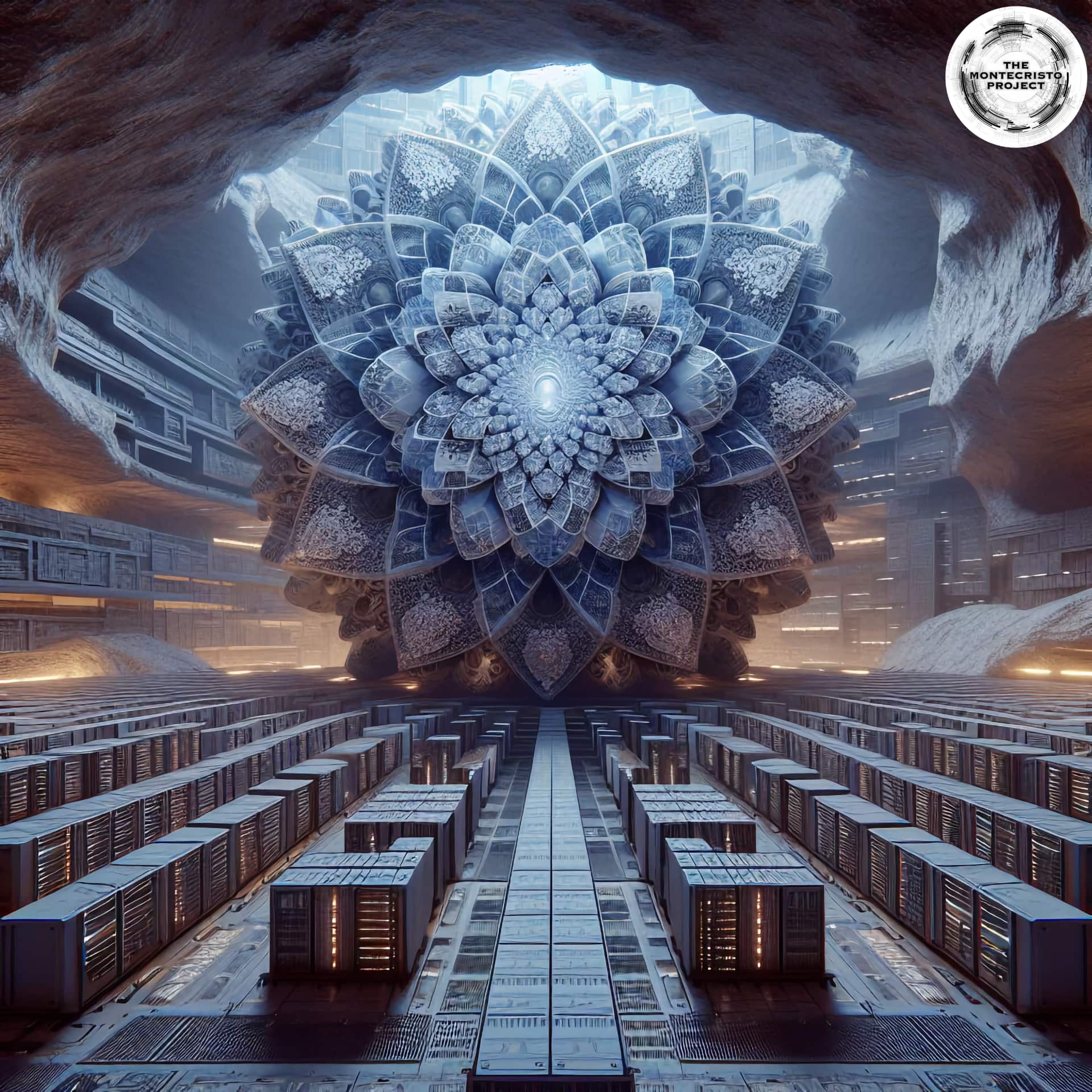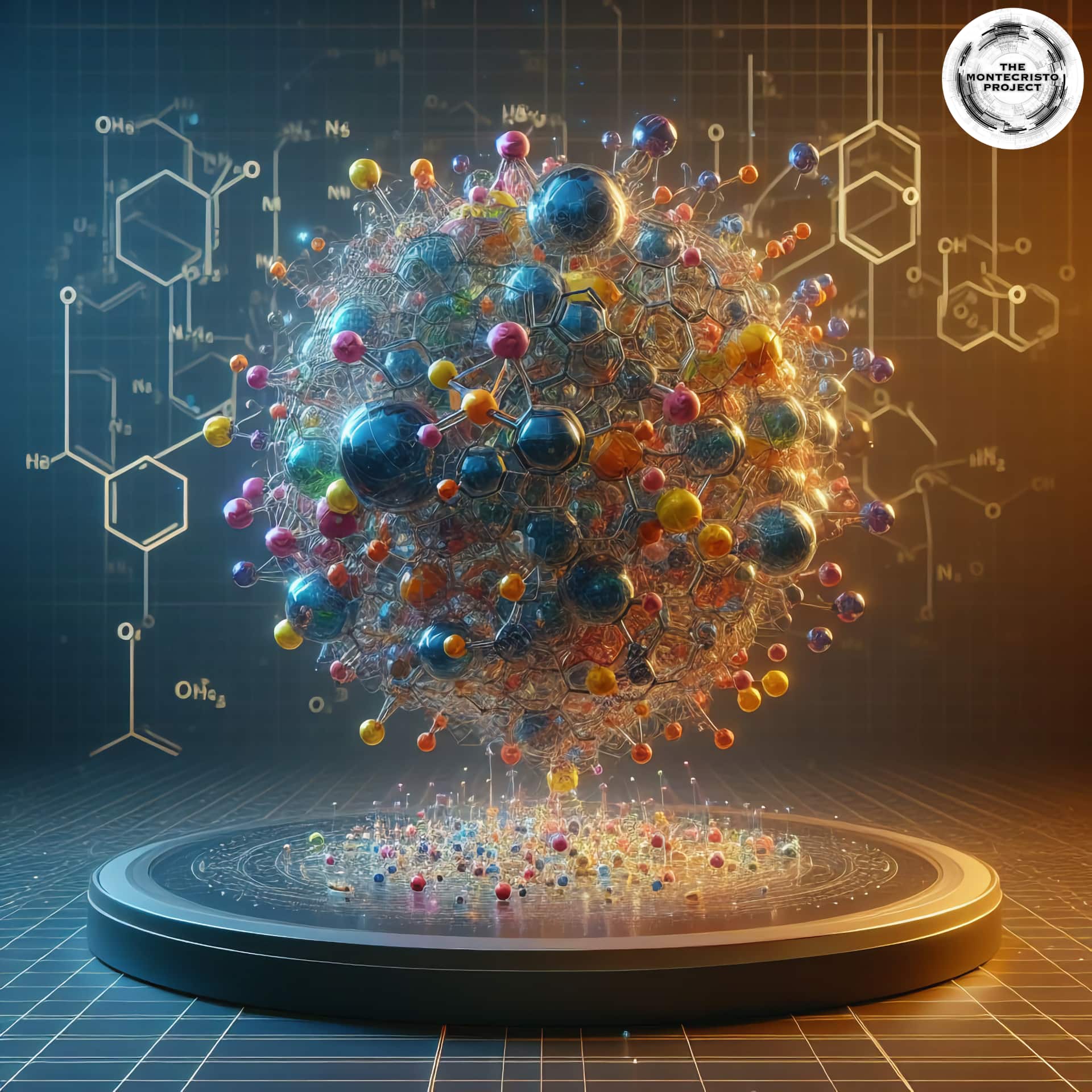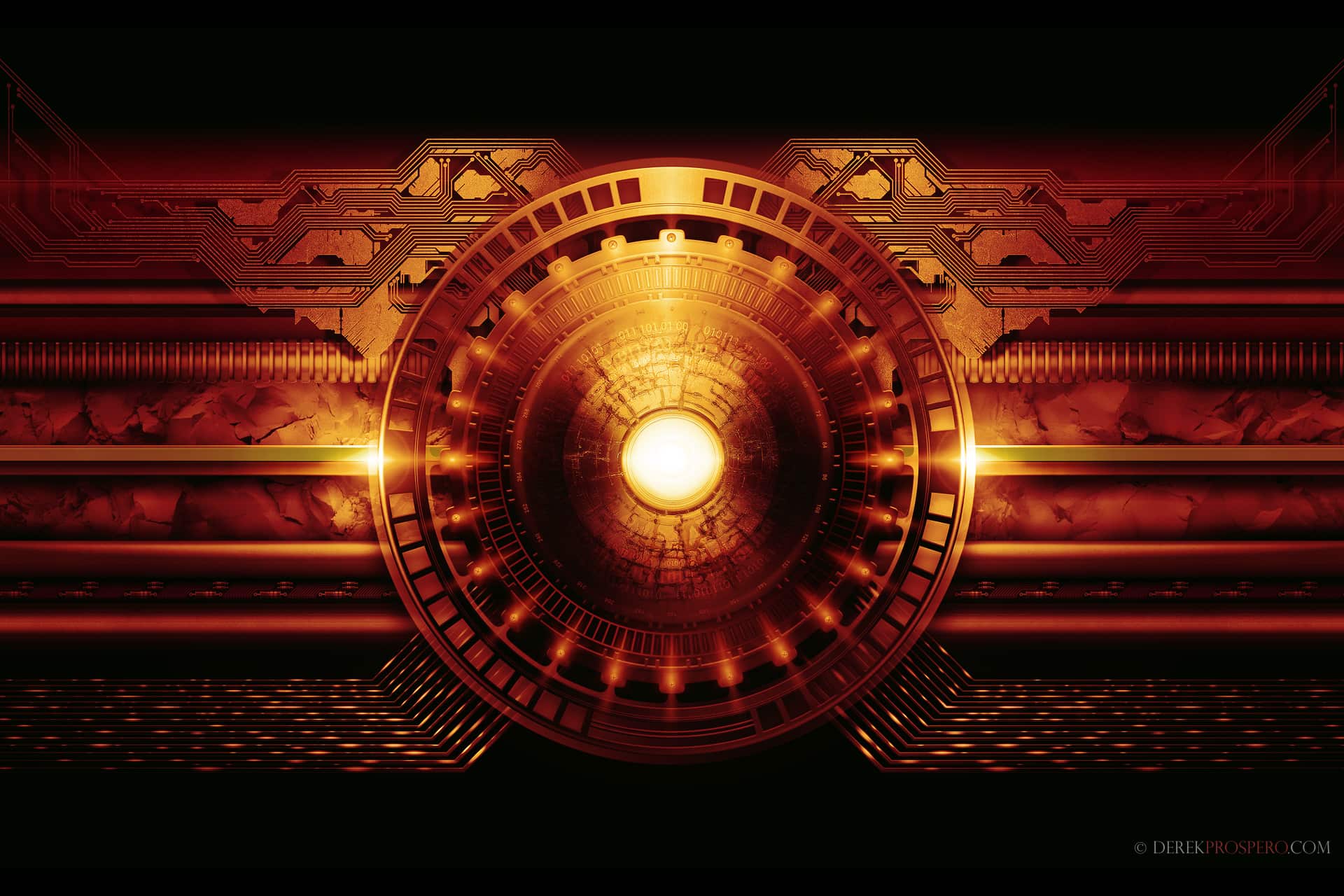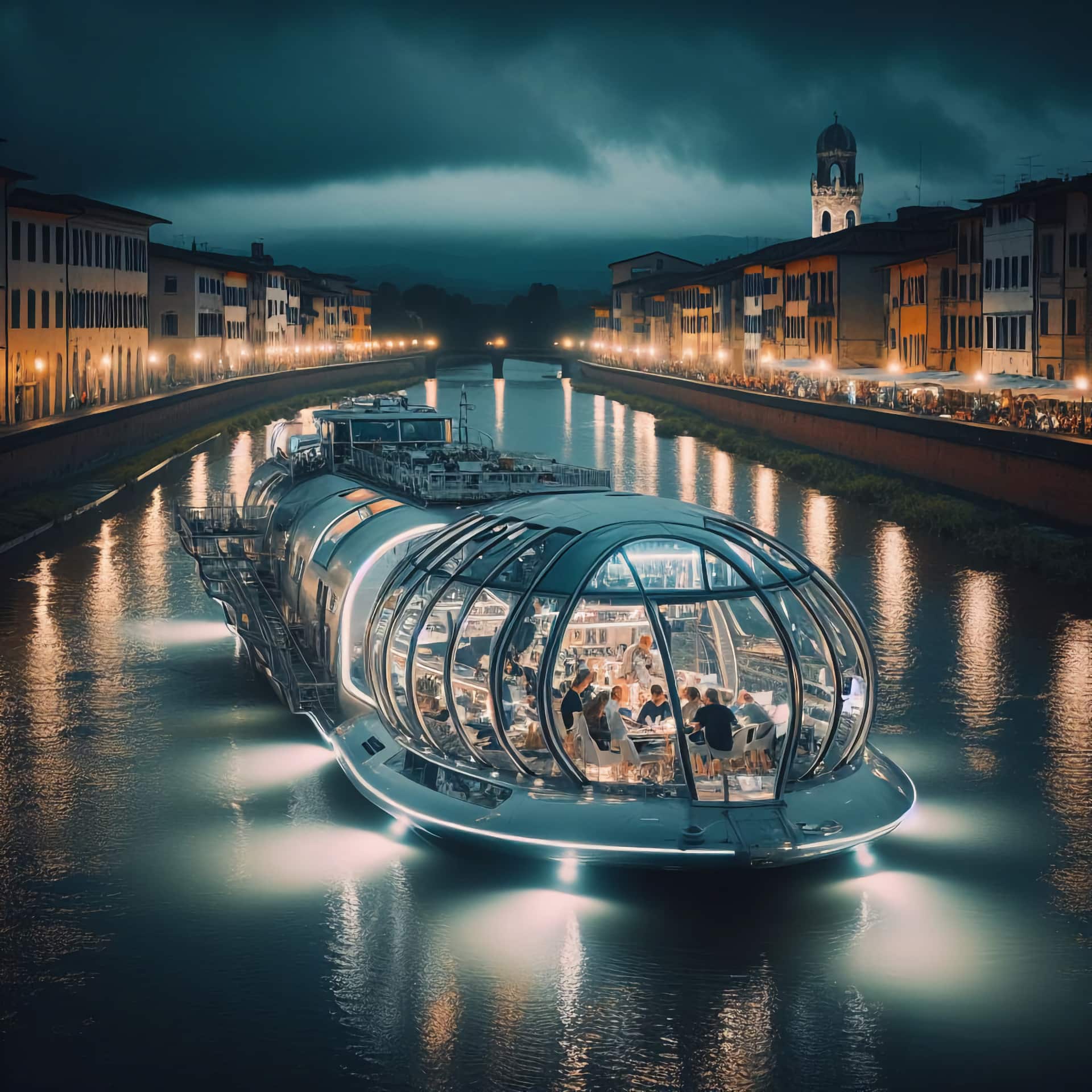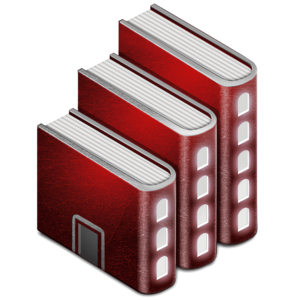The Montecristo Project is a science fiction novel set in mid-future Tuscany, mostly in Leghorn, Pisa and, obviously, under the Island of Montecristo and in the Tuscan archipelago. To be precise, it is Hard Science Fiction, science fiction with a high technical-scientific depth based on some current theories.
Now, many people turn up their noses a bit when they hear the definition “science fiction novel”, perhaps thinking of some noisy film with unlikely space battles or alien monsters that kidnap beautiful Earth girls. In Italy there is still a strong dose of prejudice towards the science fiction genre, despite having given cinema and literature great masterpieces. Not to mention television series, where this genre has given rise to many excellent examples in recent years.
But as in all artistic genres, there is science fiction and science fiction.
Good science fiction
Good science fiction has great power: it makes you think and reflect on absolutely real problems, from a point of view that is often more open and deeper than much literature that defines itself as “realistic” – and which in any case never is: a story is always told, it is not an objective chronicle. Not even a newspaper article. Someone wrote that literature is a sub-genre of science fiction: obviously this is hyperbole, however it hides unsuspected truths.
When I wrote the story in 1993, artificial intelligence was a topic for specialists, almost unknown to the general public, if not for the examples read and seen in science fiction: from Hal in 2001 A Space Odyssey to the first two Terminator movies, in general in the stories which an artificial being demonstrated awareness did not end very well for humanity: the vision was – and largely remains today – dystopian.
Dystopian science fiction…
The history of science fiction literature presents us with several masterpieces of dystopian science fiction, in which one or more negative aspects of technology or society are amplified, taken to the extreme to create a substantially terrible, albeit sometimes fascinating, world.
From George Orwell’s 1984 to Blade Runner and all the works by / inspired by Philip K. Dick (the writer historically most exploited by Hollywood on these issues), a long series of pessimistic science fiction stories have taken on the social role of tragedy in ancient Greece: a reminder, a warning about the possible consequences of an uncritical use of scientific discoveries, and they have often influenced our imagination and our choices in various fields.
Or utopian science fiction?
On the other hand, science fiction that leaves open hope for a better future (for example the Star Trek saga) can be considered “utopian”. But I prefer to define it. simply, “not dystopian” because utopia can remind us of an excessive simplification; a simplification which, I add, can sometimes also occur in the dystopian vision.
Personally, I have done my utmost to create a future world with problems different from ours, sometimes extreme and sometimes not, a heterogeneous and varied world, which recalls the complexity of current reality without embroidering too much on it.
Science and Science Fiction
In many advanced research environments, for example MIT in Boston – as Prof. Bruno Coppi told me when I collaborated with him on communication relating to his Ignitor project for nuclear fusion – the researchers are largely both readers and authors of science fiction.
This should make us think. Is a country where science fiction is not particularly loved a country where science is not particularly loved? Italy is one of the European states where less investment is made in universities and research, and the success that certain people achieve by preaching completely anti-scientific theses, even among those who display a high cultural level – but only apparent, those who do not understand the scientific thought has no real culture – it does not bode well.
Not obvious science fiction
It seems no coincidence that the Chinese government instead holds science fiction in high regard as a means of educating young people to “live in the future”. Maybe it’s not a democratic government as we understand it, but maybe it has something to teach us. If good science fiction has the power to open our minds, a good science fiction idea can open a door to new worlds.
And if what Umberto Eco wrote is true: “Whoever doesn’t read at 70 will have lived only one life: his own. Whoever reads will have lived 5000 years: he was there when Cain killed Abel, when Renzo married Lucia, when Leopardi admired the infinite… because reading is an immortality backwards”, then good science fiction can project us just as much if not further forward, even into universes that were previously inconceivable to us, broadening our thinking to new and broader perspectives.
A new hope
From the beginning, the plot of my story seemed unusual and original to me and still seems to me to be unexploited in science fiction literature. Good friend Vittorio Catani, winner of the 1989 Urania Prize and sadly passed away before seeing my book published, helped me a lot to fine-tune the writing and rhythm of those first 15 pages.
Deeply convinced that I had found a good idea, I let it be read around until I was lucky enough to meet, for a collaboration on a cinematographic-musical project, a great Italian director and actor, Maurizio Nichetti. Who, in addition to being a professional of the highest level – but there’s no point in repeating it here – is a person of great charisma and for me he took on a fundamental role when he told me that he really liked the story and that he would try to evaluate it a film version together with producers.
Science fiction and obstinacy
All this gave me the hope of a real paradigm shift, of moving from the level of dreams, with more or less open eyes, to that of concrete possibilities.In light of this, the fact that the necessary funds were not found and that the project died almost immediately is of very little importance: I had glimpsed the stars beyond the misty Po Valley hood.
So I persisted in pursuing the dream – at this point a purpose, an intention – until I received an email from the personal assistant of the then president of 20th Century Fox Italia Osvaldo De Santis, who invited me to send them a script for a science fiction film or series.
I was in seventh heaven, in short.
From intention to action
So, I started writing at a good pace: certainly you can’t build an entire screenplay from a fifteen-page long science fiction story, the story needed to be expanded and deepened.
I thought of starting from the origins of the Montecristo Project, two years before the story was told, placing it halfway through the book and then continuing the story for the next half. Basically I intended to write two “War and Peace” joined together: why do you always have to exaggerate, Edoardo?
I soon realized that I had bitten off more than I could chew and I reduced myself to much more gentle intentions: in the meantime I would write a prequel and I would stop at the event of the original story. New characters began to appear, along with new subplots.
Everything was getting complicated.
The advent of StoryMill
We were in 2010.
From the beginning I used Apple’s Pages to write, very convenient for its automatic synchronization function thanks to which I created on the move on the iPad and then found the updated file at home, on my Mac. At a certain point, however, I felt the I needed a more complete software for creative writing, which could manage characters, locations, timelines and so on.
I looked around, asked for advice and tested StoryMill, in fact I used it for a few months.
Until I realized it was too tight for me.
Some tastes of "Storm" (Italian)
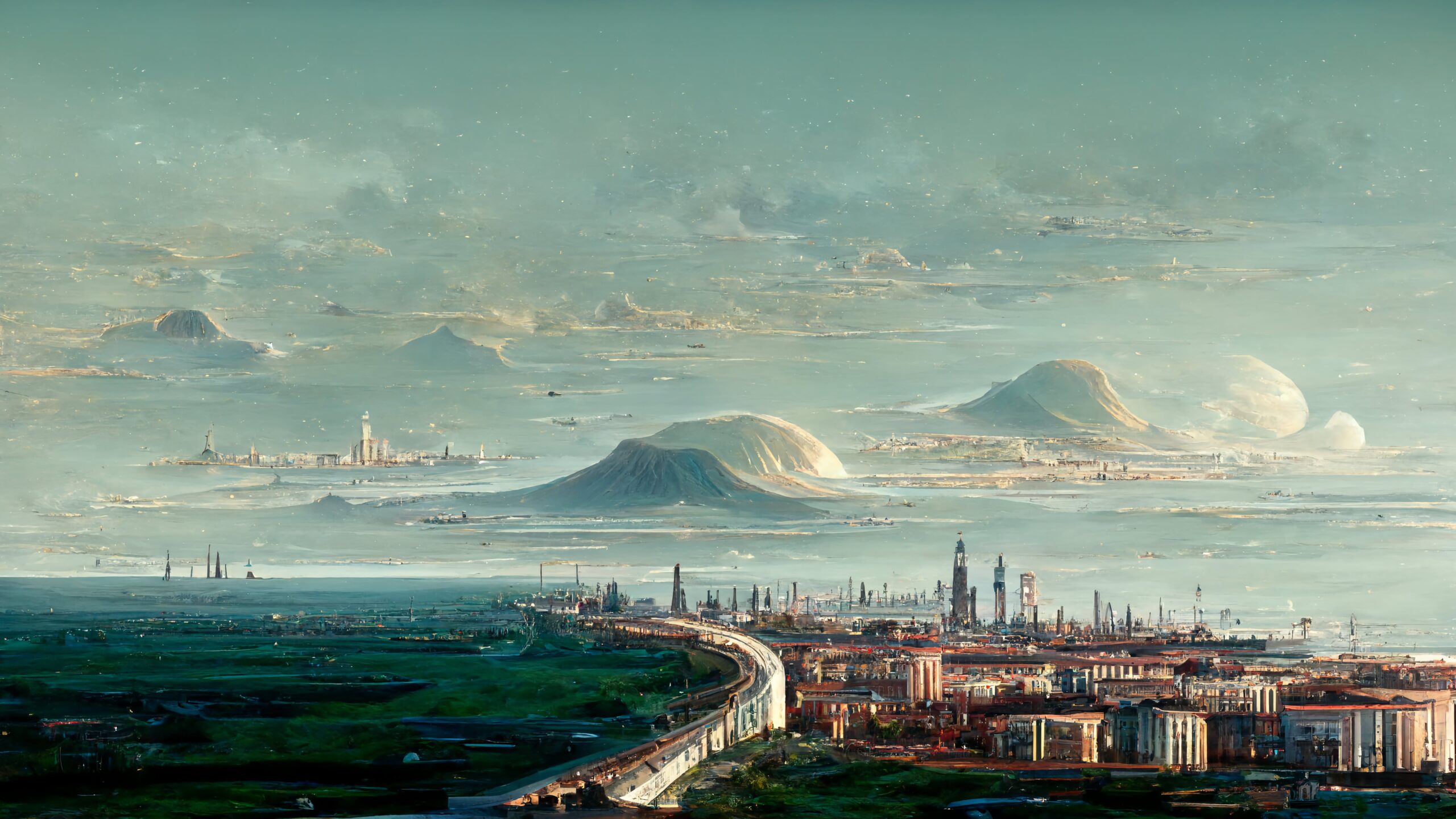


L’Ente inciampò, e cadde.
Non interamente: sarebbe stato fisicamente impossibile il crollo contemporaneo di tutti i Suoi sottosistemi, a meno che l’intero pianeta per qualche motivo venisse danneggiato in maniera irreparabile e non solo in superficie.
(…) – Mi stai facendo paura, Giuseppe.
Montalcini lo fissò negli occhi, serio.
– Perché cominci a capire, Juan.



